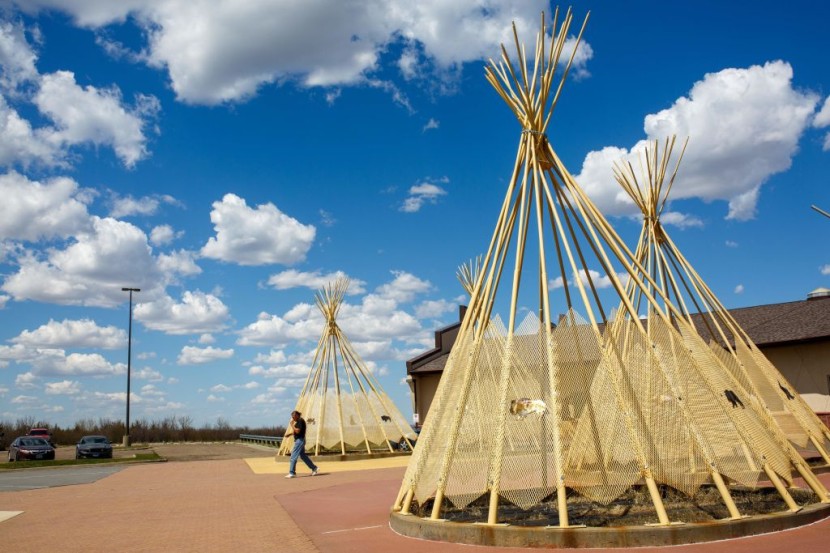
A horrifying eruption of infections has his the midwestern state of South Dakota.
South Dakota is facing a serious and unchecked syphilis outbreak, in newborns specifically.
In 2022, pediatrician Tom Herr uncovered just how many babies on the Rosebud reservation in South Dakota were already infected with the disease upon their first breath.
Many patients spent their first weeks tied up in tubes that injected antibiotics into their tiny bodies, while some died in the womb.
The syphilis rate among Indigenous people in the Great Plains is higher than at any point in 80 years of records, and by 2023, more than 3% of all Native American babies born in South Dakota were infected, according to ProPublica.
Health officials, along with Herr, warned of the growing statistics, calling for bosses at the federal Indian Health Service and tribal health authorities, writing op-eds, and speaking to reporters on their findings.
In February of this year, four tribal leaders from the Great Plains took to the U.S. Department of Health and Human Services Secretary Xavier Becerra to officially declare a state of emergency.
The leaders requested emergency funding for the tribes to enhance their proficiency in immediate response situations.
However, more than 10 weeks have passed, and Beccera has not responded.
Meghan Curry O'Connell, chief public health officer for the tribal health board, told the media outlet,
"We need to free up resources so we can take extraordinary measures to respond to these extraordinary circumstances."
Syphilis is usually transmitted through sexual intercourse and is easily treatable as well as preventable. But it can be life-threatening when left unchecked, especially in infants that are infected in the womb, as they can be born in excruciating pain with deformed bones, brain damage, or, in some cases, death.
In regard to Becerra's lack of response, the Department of Health and Human Services issued a statement saying,
"HHS has received the request and will respond directly" to the Great Plains tribes, though no timeframe was given.
Adding that it was "taking action to slow the spread with a focus on those most significantly impacted," HHS highlighted that it had organized a workshop for tribes and created a national task force to "leverage federal resources."
The STD has soared nationwide for years, with a shortage of penicillin, the medication used to treat it.
Alarm bells have been going off for over a decade, largely due to the neglect from multiple branches of the federal government, including chronic underfunding from Congress for the health care system for Native Americans.
The United States government is mandated to provide health care to many tribes, including several in the Great Plains, under a variety of treaties.
Other Native American reservations were impacted as well.
In Montana, within a community of under 10,000 people, a dozen patients had been diagnosed with the disease in just one week. Three of them included stillborn babies.
Jessica Leston, then a director for the Northwest Portland Area Indian Health Board, said,
"People always say we care about babies."
"Now we aren't even caring about babies."
© 2025 HNGN, All rights reserved. Do not reproduce without permission.









